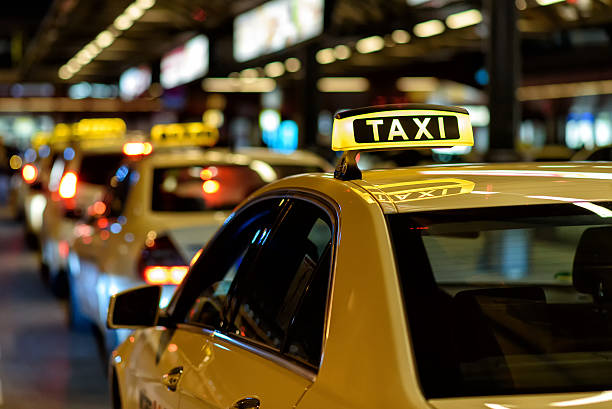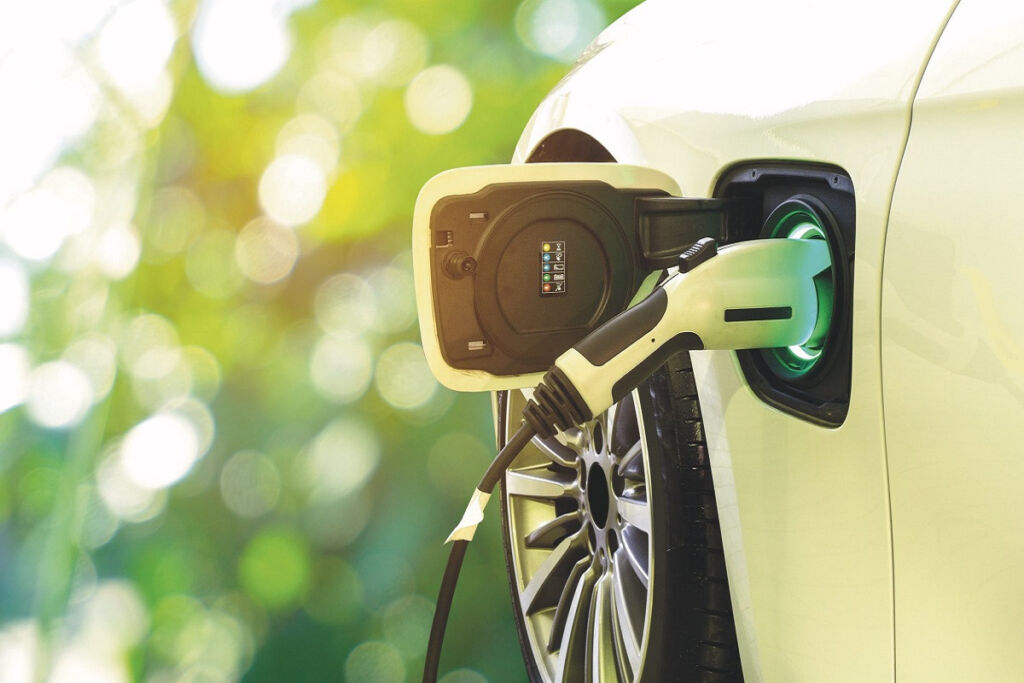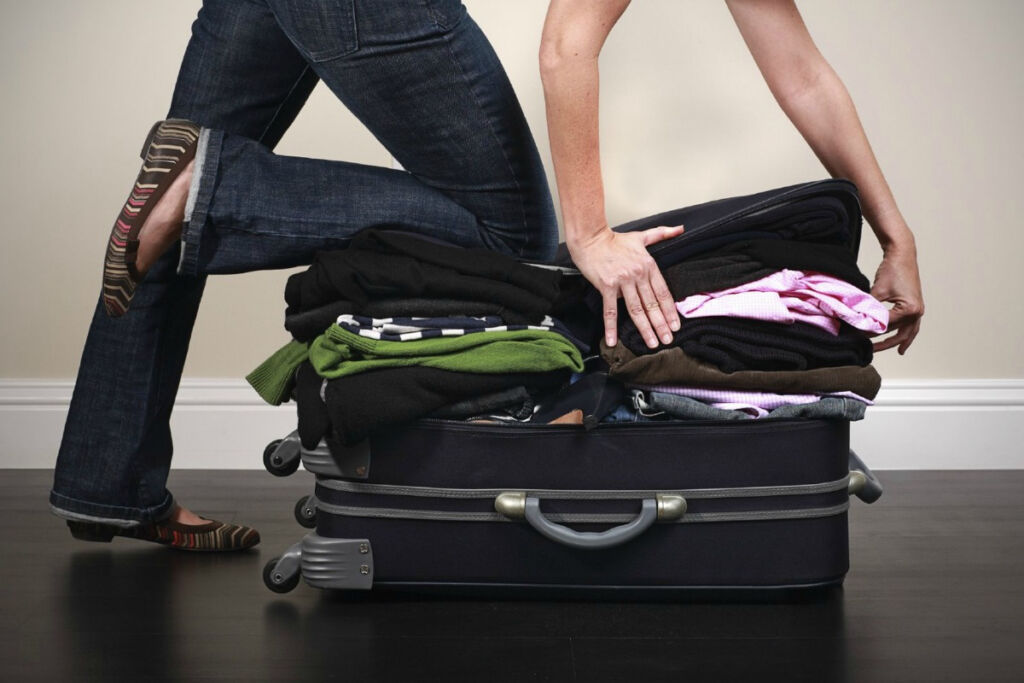Travel Scams:
Travel scams have scared many people, and that’s why Miles Logistic brought this article to show you the 10 most applied scams and how to defend yourself from this kind of thing, tell the truth, no one deserves to travel to relax and go through it.
Traveling can be a rewarding and relaxing experience – some of my favorite memories are of trips I took with friends or alone.
However, scammers are everywhere, and anyone can fall victim to a scam – especially if you are in an unfamiliar place. Additionally, some scams specifically target certain groups of people, such as women, older travelers, or children.
The Federal Trade Commission received nearly 54,000 travel scams reports in 2021, with $95 million in total losses reported to consumers and an average loss of $1,112 per person.
Security is important when planning travel, so we’ve compiled a list of common travel scams, how to spot them, and ways to protect your wallet and personal information while you’re away from home.
Timeshare and Vacation Club Travel Scams:
Timeshare scams are easily one of the most profitable travel scams. The FTC and many state attorney general’s offices have cracked down hard on this type of fraud, but it can still happen. These scams can be divided into two main types: timeshare presentation scams and timeshare resale scams.
A timeshare is real estate property that is sold to multiple buyers, each with a certain amount of time on the property each year (usually a week).
Timeshare sellers often make presentations with the promise of a free hotel stay or a gift for attendees. Do your research before jumping into what seems like a too-good-to-be-true deal.
Before attending a timeshare presentation, be sure to research the specific developer that sells the timeshares. You can check out the Better Business Bureau website to look for complaints against the developer and get a better picture of other people’s experiences.
Timeshare scams can also happen on the back end of a business.
Once you buy a timeshare, it can be very difficult to resell your share. Unfortunately, this is where scammers often hide. Someone can promise to sell their timeshare quickly and painlessly for an upfront fee. Once that fee is paid, they either disappear or claim they were unsuccessful.
If you decide to go with a resale company, be sure to look up the relevant laws in the state or country where your timeshare is located (or get a lawyer to help). Also, when you meet with a company, don’t sign anything at the first meeting. Take all documents home and read the fine print before making a decision.
Multilevel marketing Travel Scams:
Multi-Level Marketing Scams, or MLMs, work similarly to pyramid schemes with a direct sales model that encourages existing members to recruit new members, while paying the parent company for special access. For travel scams, you must pay a monthly price for credits that can be applied towards the cost of the cruise or vacation. However, after paying each month, you still need to add more to cover your “upgraded” cruise fee. But wait, there’s a way around this, the company says. Just sign up a few friends and family on the same plan and you’ll get more credits.
The more people you sign up, the better. And, of course, the people you’ve brought on board can sign up more members too. And yet, the cost of your dream vacation is still out of reach, so you have to keep signing people up and paying monthly, and so on.
You may have seen this model with vitamins, diet cookies, lawn fertilizers, or other pay-to-play MLMs. Before committing to one of these for cruises or travel, look carefully at what you will pay upfront before attracting other “investors”. In most, if not all cases, you can get the same, if not better, value by booking directly with an authorized cruise line or travel agent.
Internet search Travel Scams:
In a recent article, Travel Weekly identified “passenger care” scams where an internet search for an airline customer service phone number results in third-party numbers. These phone numbers look legit. However, instead of connecting you directly to the airline, they route you to unofficial call centers that do not reveal their affiliations. Then they charge not only for exorbitantly priced tickets, but also for hefty charges – often in the $500 range – associated with non-refundable airline tickets.
To combat this scam, it’s important to look closely at listings when searching online for an airline’s customer service number – the first option that pops up isn’t necessarily the official one. Copy and paste the number into the search bar to see your official record. Also, click on the link to the website you are associated with and find the home page. It should then be clear where you landed.
Taxi Travel Scams:
Once you arrive at your destination, there’s a whole new bucket of deception you need to watch out for, including the taxi scam. This common scheme happens when you take a taxi or other car service to an unknown destination, where fares are determined by the distance you travel Scams. Your driver may take a much longer and often tortuous route to reach your destination in order to maximize the cost of your fare.
The age of Google Maps makes it easy to stop one of these scams, even in an area you’re unfamiliar with. Whenever possible, open the route in your smartphone’s map app to ensure your driver is truly taking you along the most direct route.
If you suspect you are being diverted, ask them to take the most direct route, get a receipt and also take a photo of the driver’s registration number or ID card so you can follow up with local authorities or your credit card company later if necessary.
Also, always take taxis or licensed taxis or use a reputable ride-hailing app (the latter is a good way to know the price in advance and have proof of your travel request).
“Incorrect shift” Travel Scams:
If you are traveling to a place with an unknown currency, someone may try to take advantage of this by giving you incorrect change or insisting that you gave a different account than you did. This is especially common in places where money is used more regularly and different accounts look similar.
To protect yourself, research the currency at your destination before traveling to familiarize yourself with it when you arrive. Also, count the change before you go out to make sure you get the right amount.
Income Travel Scams:
People often try to sell tickets for attractions, buses, trains, and more outside of transportation venues and stations. They claim tickets are discounted or offer them as a way to skip the line. However, these tickets can be fake or expired when you actually try to use them. Also, with the advancement of technology over the years, so too have these fake tickets. They can look almost identical to the real thing.
The best way to avoid this is to always buy tickets – whether for a show, a tourist attraction, a bus, a train or a ferry – at an official ticket office or on the official website. Or work with the hotel’s concierge to secure entry into hard-to-reach places.
‘Closed attraction’ Travel Scams:
You might find someone claiming that an attraction you want to visit, a show you want to see, or even a train or ferry you have tickets for is closed. Then they will direct you to another place where you will be pressured to pay for tickets or buy something.
No matter what someone outside of a transport location or station tells you, always get their information from the box office or official website about whether something is closed.
If you’ve made a reservation or purchased tickets for a certain time, it’s more than likely open. After all, why would an attraction sell a ticket to something that is closed or unavailable?
“Free Item” Travel Scams:
We’ve all heard the phrase “if it sounds too good to be true, it’s probably”.
When you travel, you may be approached by someone with “free” goods. Maybe they offer free food and drinks, or maybe they try to put a bracelet on your wrist. In major tourist areas, you may be asked if you want your photo taken in front of certain attractions or with characters dressed in the street.
Be cautious whenever someone offers something “free”, because you will often need to pay for it after the fact. If someone approaches you and tries to put something on your body, firmly refuse and return everything they put on you right away.
Credit Card Skimming Travel Scams:
No matter who you are or where you’re going, chances are someone is using a card skimmer to steal your credit card information.
Card skimming comes in many forms. Some scammers use a skimmer connected to an ATM or gas pump. Sometimes restaurant staff can swipe your card when you pay the bill. You can even have your card skimmed with a handheld device.
Credit cards have come a long way over the years in terms of payment security, and virtually every credit card available will have fraud protection. That doesn’t mean credit card fraud isn’t still a big concern.
When you are using your card at an ATM or at the pump, pay attention to the card reader. Is it longer than usual? Is the card reader loose?
Some gas stations put a seal on the card reader panel to let you know it hasn’t been tampered with, so check that too. If someone makes an excuse to be around you (which is already a red flag because of COVID-19 and social distancing measures), they could be trying to steal your card details with a handheld wireless device.
Credit card skimmers can also use near-field communication and radio frequency identification devices to steal your credit card information.
While it’s not as common as people using skimmers at ATMs or other card readers, it can still happen. Contactless credit cards and EMV chip cards aren’t immune either – the cards even come with a magnetic stripe from which RFID readers can get information and NFC devices can read your contactless card.
Of course, chip and contactless cards have built-in safety nets that make it difficult for scammers to use credit card details. That doesn’t make it impossible, however.
The best thing you can do is monitor your accounts for suspicious activity and keep your wallet in a safe place (your back pocket doesn’t qualify) while you travel. If you want to go against contactless scanners, you can buy an RFID-blocking wallet, but there is debate in the payment security space as to whether it’s worth buying.
When I travel, I make sure to log into my banking apps (but never public Wi-Fi) once a day to ensure that no unauthorized charges show up. If you notice suspicious activity on your account, many issuers allow you to request a freeze on your account through the app or online.
Public Wi-Fi Network Travel Scams:
Free Wi-Fi networks can be a godsend when you’re traveling – especially if you don’t have a roaming data package for your phone.
However, public Wi-Fi hotspots are almost always lax on security. This means that someone could steal personal information while you are using the network, including bank account and credit card information, if you log in while using it. If you use a public network in a cafe, airport or other public space, be careful when logging into sensitive sites like your bank or medical profiles.
A Virtual Private Network is a popular way to keep your connection secure no matter where you go. They work by routing your internet connection through a private server (owned by your VPN company) so that the transmitted data comes from the VPN and not your computer.
This hides your IP address and encrypts your data so that hackers and other entities who might want to snoop around your personal information come to a dead end. It’s a great investment if you travel all the time or just like to visit your local cafe that offers free WiFi. They usually cost less than $20 a month (and that’s on the expensive end of the spectrum).
Not all VPNs are created equal, so look for the best one for your needs. Can you find a VPN that costs less than $10 a year? Yup. Is this VPN worth it? Debatable.
Also, if you have a smartphone or other device, make sure it is password protected. Most people probably have some sort of password set up on their phone – especially since the dawn of fingerprint and face IDs on smartphones. You might not think about the importance of a strong password on your personal laptop or tablet.
Set up a password or PIN on all your devices so that if the worst case happens and they are stolen, someone will have a much harder time breaking into them.
Final Result:
Travel scams are more common than you might think – tens of thousands of US citizens report being scammed each year.
Scammers are smart and many scams target specific groups of individuals who may be more vulnerable while traveling, such as women traveling alone, older travelers and children.
Traveling should be a fun and rewarding experience, and getting ripped off can derail any trip.
Knowing the types of scams that exist can help you protect yourself and your fellow travelers while out and about. I hope this guide has outlined how to identify some of the most common hazards.




